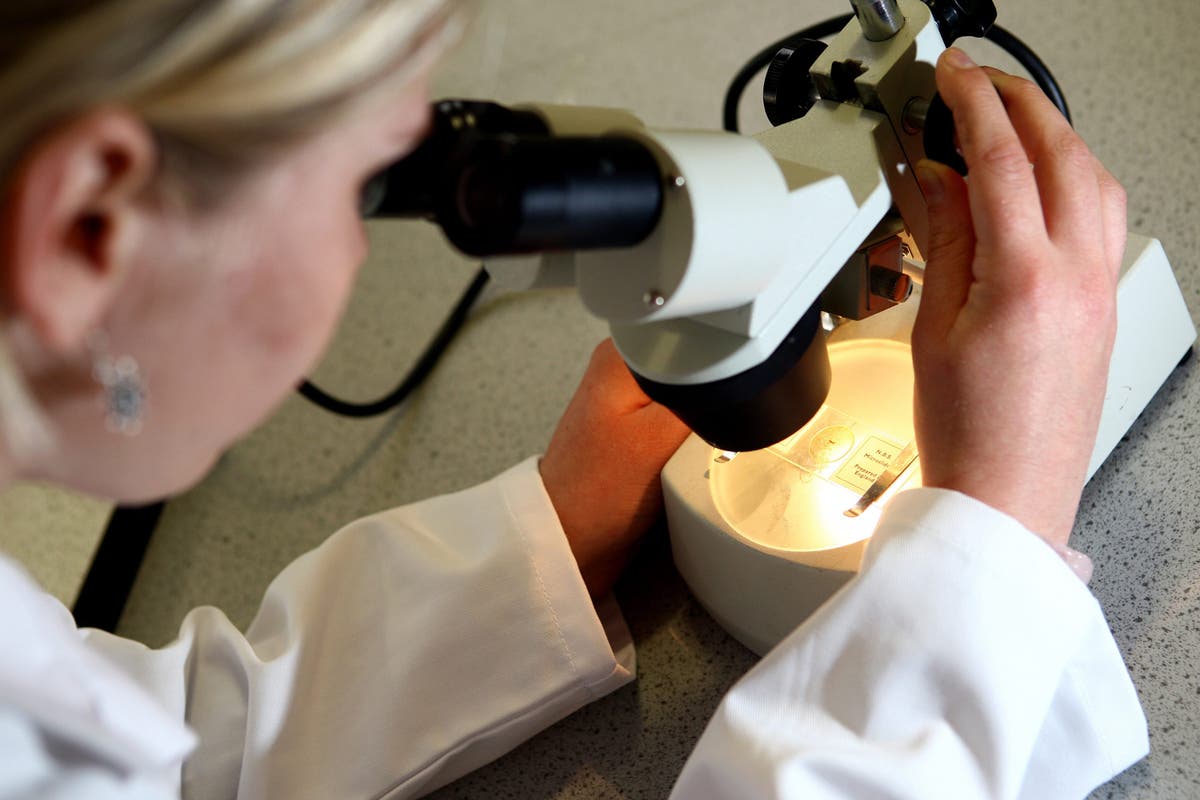A new test that uses lasers to detect different types of dementia in just seconds could “revolutionise” how the disease is diagnosed, scientists have said. Researchers at the University Hospital Southampton (UHS) and the University of Southampton are leading a study that analyses bodily fluids such as blood, spinal fluid or mucus using lasers to identify people with dementia early in the disease. Dementia can take up to two years to diagnose but this laser-based technique is cheaper than current tests and can provide results in just seconds, the researchers said.
Initial tests have shown it can detect Alzheimer’s disease with an average accuracy of more than 93%, they added. Professor Chris Kipps, consultant neurologist at University Hospital Southampton, said the new technique represents “a breakthrough in medical technology” and could “change the way we approach dementia diagnosis”. He said: “This innovation is not just a leap in healthcare quality; it’s a paradigm shift, redefining our approach to neurodegenerative disease in the clinic.
” More than 850,000 people are living with dementia in the UK, with numbers expected to rise to 1.4 million by 2040. There are many different types of the condition, such as Alzheimer’s and vascular dementia, which is progressive and gets worse over time.
Diagnosing dementia can take more than two years with current diagnostic tools, which can include brain scans and memory tests. Many people do not receive a diagnosis.


















